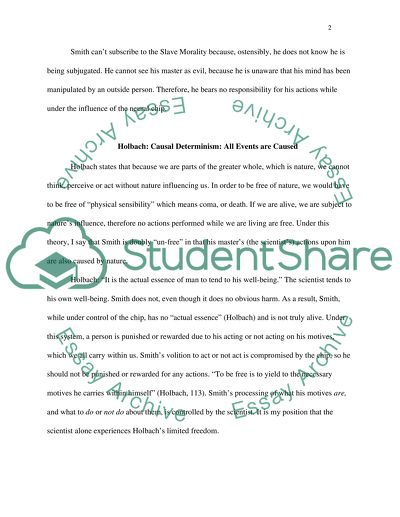Cite this document
(“PHILOSOPHY CLASS-LONG PAPER Essay Example | Topics and Well Written Essays - 1500 words”, n.d.)
Retrieved from https://studentshare.org/environmental-studies/1416242-philosophy-class-long-paper
Retrieved from https://studentshare.org/environmental-studies/1416242-philosophy-class-long-paper
(PHILOSOPHY CLASS-LONG PAPER Essay Example | Topics and Well Written Essays - 1500 Words)
https://studentshare.org/environmental-studies/1416242-philosophy-class-long-paper.
https://studentshare.org/environmental-studies/1416242-philosophy-class-long-paper.
“PHILOSOPHY CLASS-LONG PAPER Essay Example | Topics and Well Written Essays - 1500 Words”, n.d. https://studentshare.org/environmental-studies/1416242-philosophy-class-long-paper.


